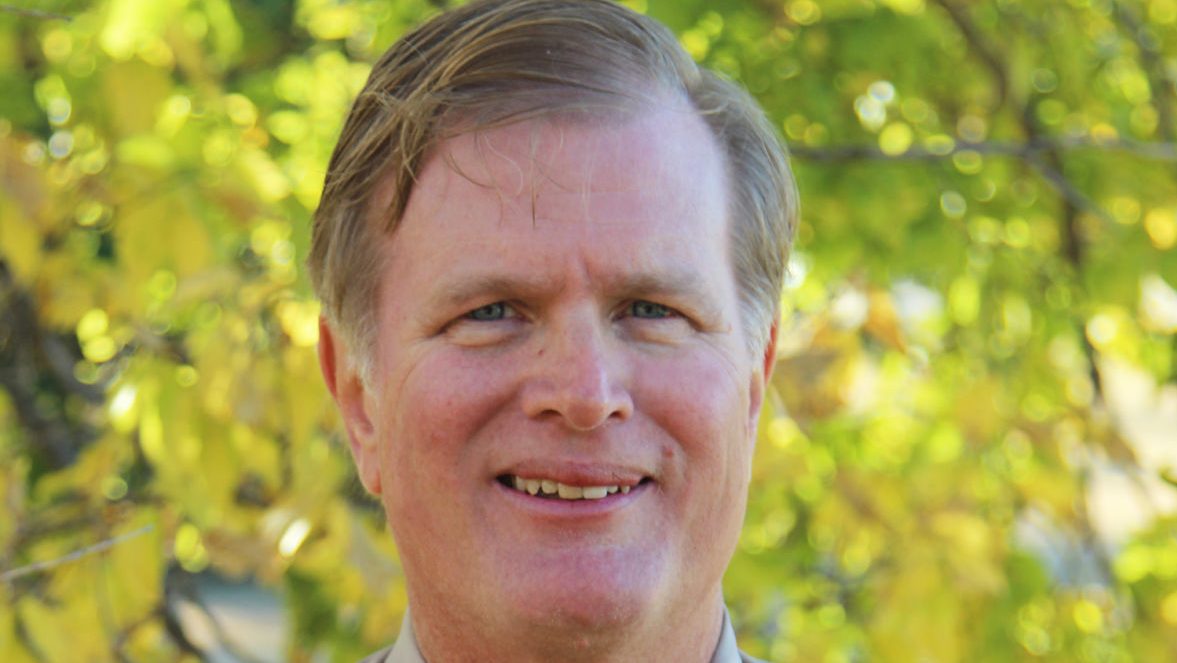Watching the events unfold in Washington on Jan. 6 did not provide any of us with a sense of comfort in dealing with conflict.
In fact, as I sat down to work on this week’s column, the words didn’t flow with ease. When an editor follows something that seems to be more out of a Hollywood movie than reality, it makes me pause.
We live in a time when “words matter” and social media platforms allow for expressions that go far beyond what any of us would publicly say or evenly privately contemplate. What levels those should be regulated is a different conversation and our country will certainly have that conversation.
Frustration can take tempers to levels that make anyone say or do something any of us would regret—whether it is cursing or tossing a wrench—it happens but not like anything that occurred on Jan. 6. As I digested the events at the Capitol it does serve as a reminder about the importance of communicating thoughtful dissent and staying engaged with elected officials.
This publication has long championed the tradition of being respectful toward elected officials, regardless of whether they are a city council member of a town of 100 people, county commissioner, state representative or congressman. If you believe your elected officials do not offer a reasonable agenda, then you put your hat in the ring or recruit and promote candidates who will best forge a reasonable approach.
HPJ will continue to honor that practice. Many farmers and ranchers have had the honor of serving on elected or appointed boards, including civic clubs and church councils.
What does this practice mean? It means a duty to be a good listener, even if a conversation is painful. It also means that those who want to advocate change or maintain the status quo also need to be respectful of those who serve and who may have a differing opinion.
Lessons often taught at leadership programs include, “It’s OK to disagree, just don’t be disagreeable.” Thankfully, the lessons are not lost upon those at local levels who have had to make decisions on wind turbines, feedlot expansions and school bond issues.
This publication also has strongly believed in the importance that governance is best served at the local level and that many of the best ideas are started with conversations about their merits at the dinner table. That should remain at the core as the best ways to govern in the High Plains where even the term impossible can become possible.
It was not all that long ago that our country looked for ways to solve chronic flooding or inadequate highways to meet our long-term economic viability and protect our citizens. Many improvements from rural fire departments and first responders came from people who were willing to understand what needs to happen and how public-private partnerships can save lives.
Trying to solve today’s problems is not easy. Tomorrow’s problems that future generations have to solve will not be easy. But problems are not insurmountable and solutions illusive if we are willing to listen and talk through it. That mindset still exists in the High Plains.
Dave Bergmeier can be reached at 620-227-1822 or [email protected].

